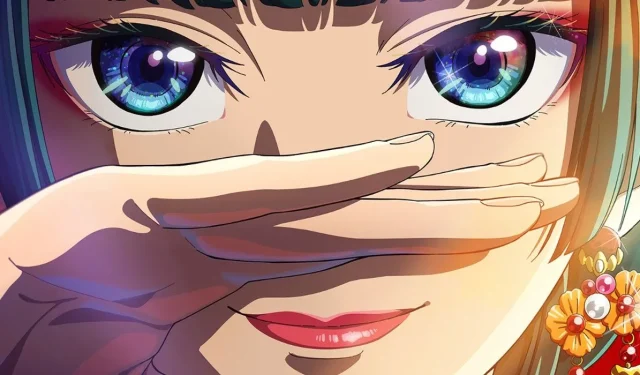Within the realm of anime, controversy is a frequent occurrence, especially for popular titles such as The Apothecary Diaries. This engaging and intricately crafted slow-burn mystery set in ancient China has garnered significant attention, particularly as its second season unfolds. Recently, discussions among fans and critics have taken a twist, with some viewers voicing discomfort regarding the relationship dynamics between the protagonist, Maomao, and her romantic interest, Jinshi. Many of these concerns revolve around perceptions of Maomao’s childlike appearance, leading to alarming accusations of inappropriate implications.
On the surface, this controversy might seem justified, particularly in an anime environment where troubling age disparities and character representations are not uncommon. However, a deeper exploration reveals a more complex scenario. The criticisms directed at The Apothecary Diaries appear to overlook essential contextual elements tied to both character development and overarching themes in the series. Instead of perpetuating harmful narratives, this anime actively seeks to dismantle them, indicating that some viewers’ assumptions lack substantial support from the storyline.
Contextualizing Maomao’s Design
Clarifying Misconceptions About Maomao’s Portrayal
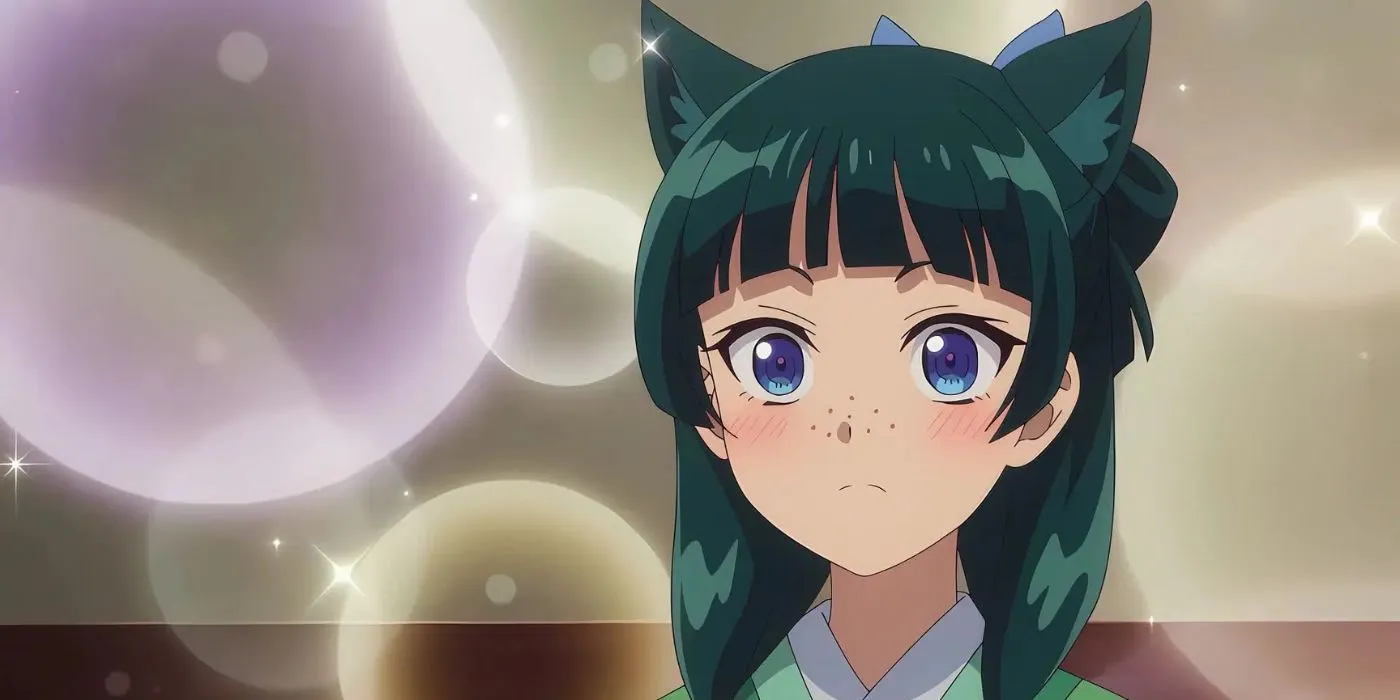
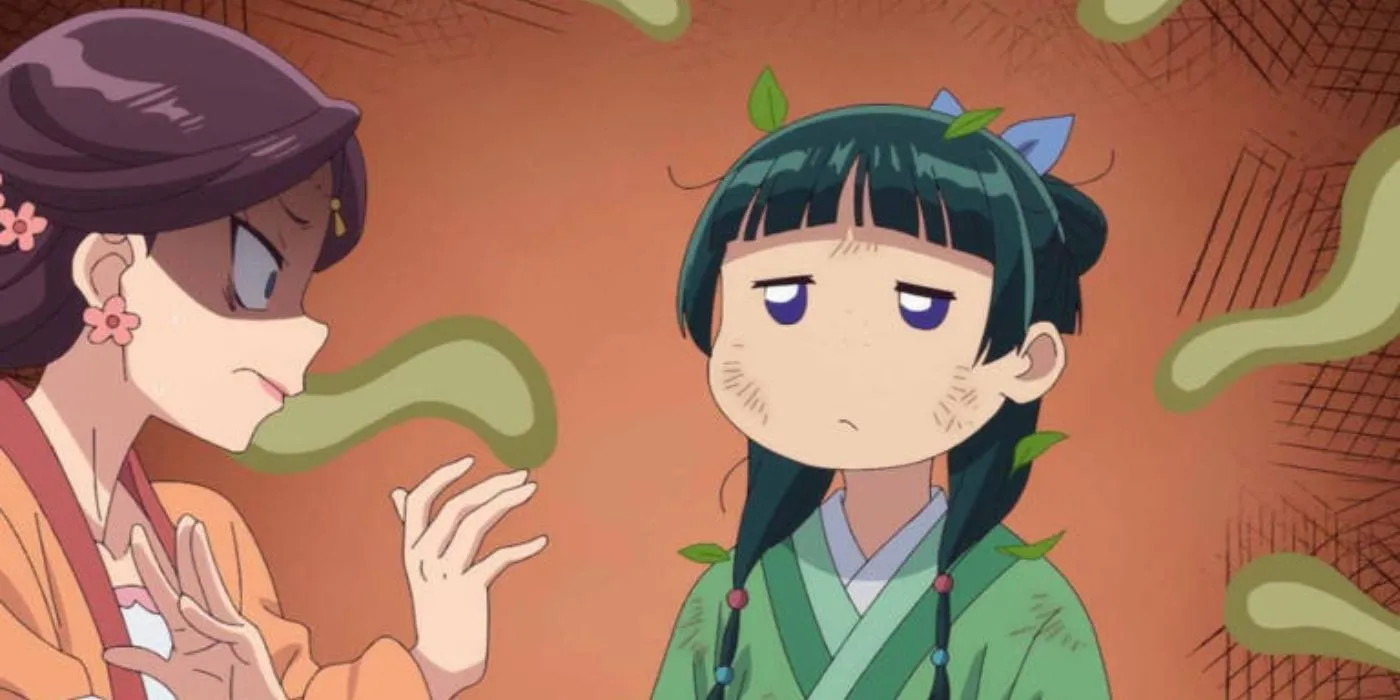
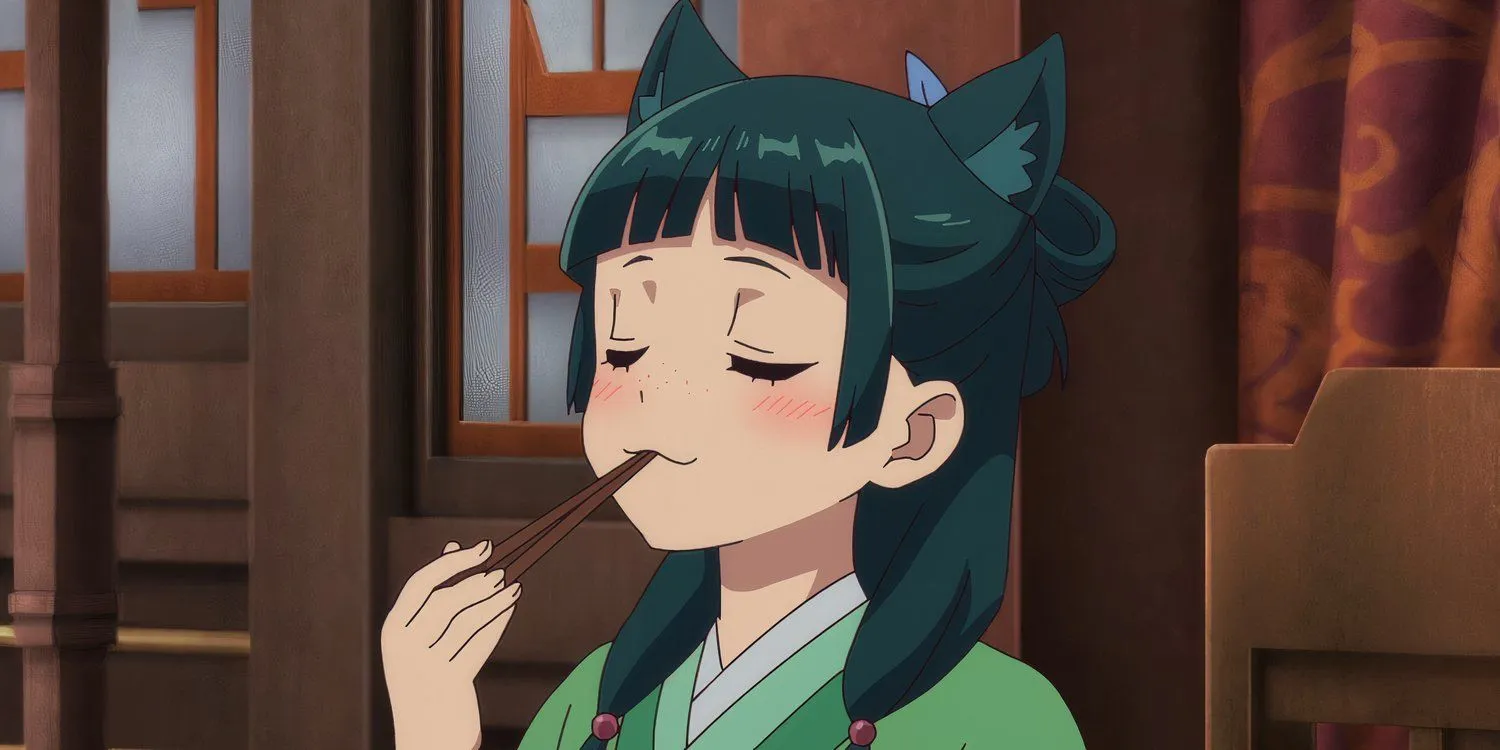
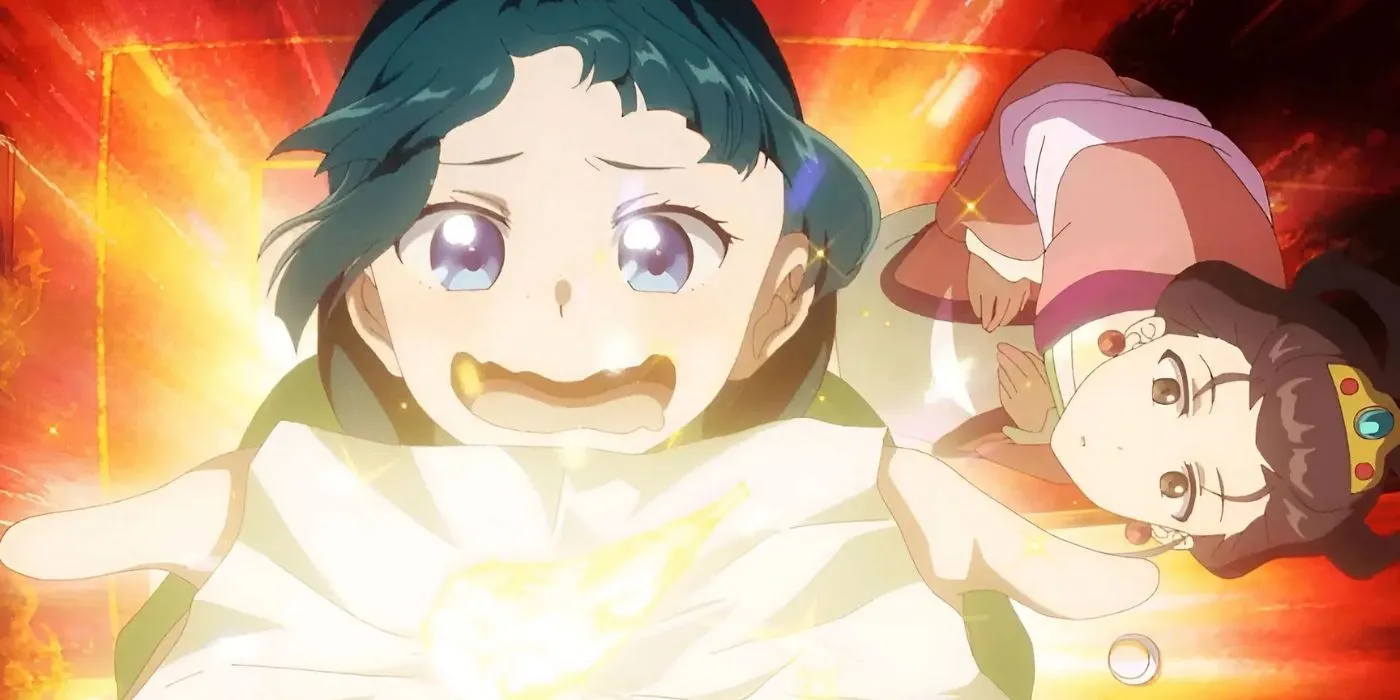
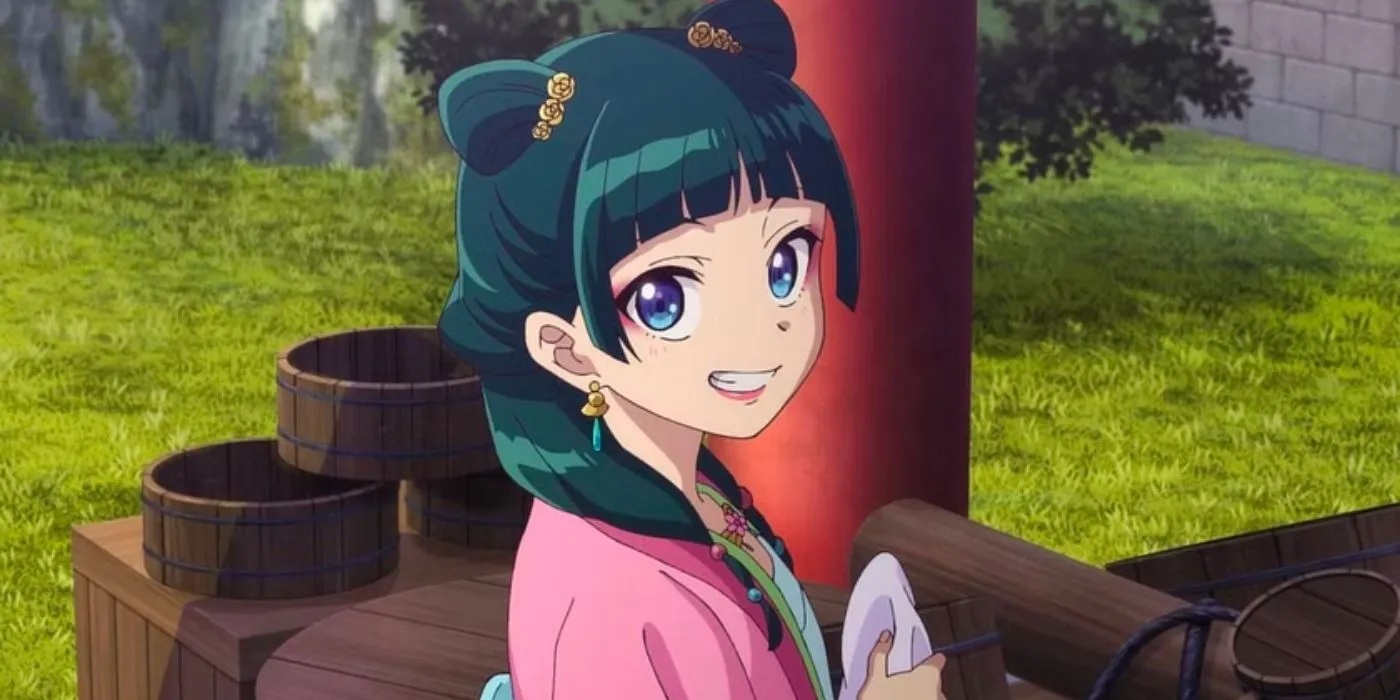
Much of the backlash stems from Maomao’s portrayal, as her petite and delicate features contribute to her perceived childlike appearance, particularly when contrasted with the more aristocratic and composed Jinshi. Nevertheless, this critique overlooks significant context. The anime explicitly reveals that Maomao’s upbringing was marked by poverty, malnourishment, and difficult living conditions. Her slender physique is not an exploitation tactic, but rather a reflection of her harsh reality, adding a layer of realism to her character.
Importantly, Maomao is approximately 18 years old in the story, clearly an adult with a strong, competent personality. She exhibits no traits of naivety or vulnerability; rather, she possesses sharp intellect, analytical skills, and emotional resilience. This depth highlights her maturity, underscored by her medical expertise and candid understanding of the palace’s darker elements. Focusing solely on her appearance undermines her complexity and misrepresents the rationale behind her design choices.
Similarly, Jinshi’s characterization is often misapprehended in the discourse. Although he presents himself as a 24-year-old eunuch with authority, he is actually just 19, only slightly older than Maomao. This nuanced detail is vital, as the perceived age disparity that has ignited so much online discussion is largely fabricated due to Jinshi’s façade within court society. Once this misunderstanding is clarified, the alleged “inappropriate dynamic”between the characters becomes significantly less concerning.
An Examination of The Apothecary Diaries’ Narrative Stance
Misinterpreting the Series’ Tone: A Call for Critical Viewing
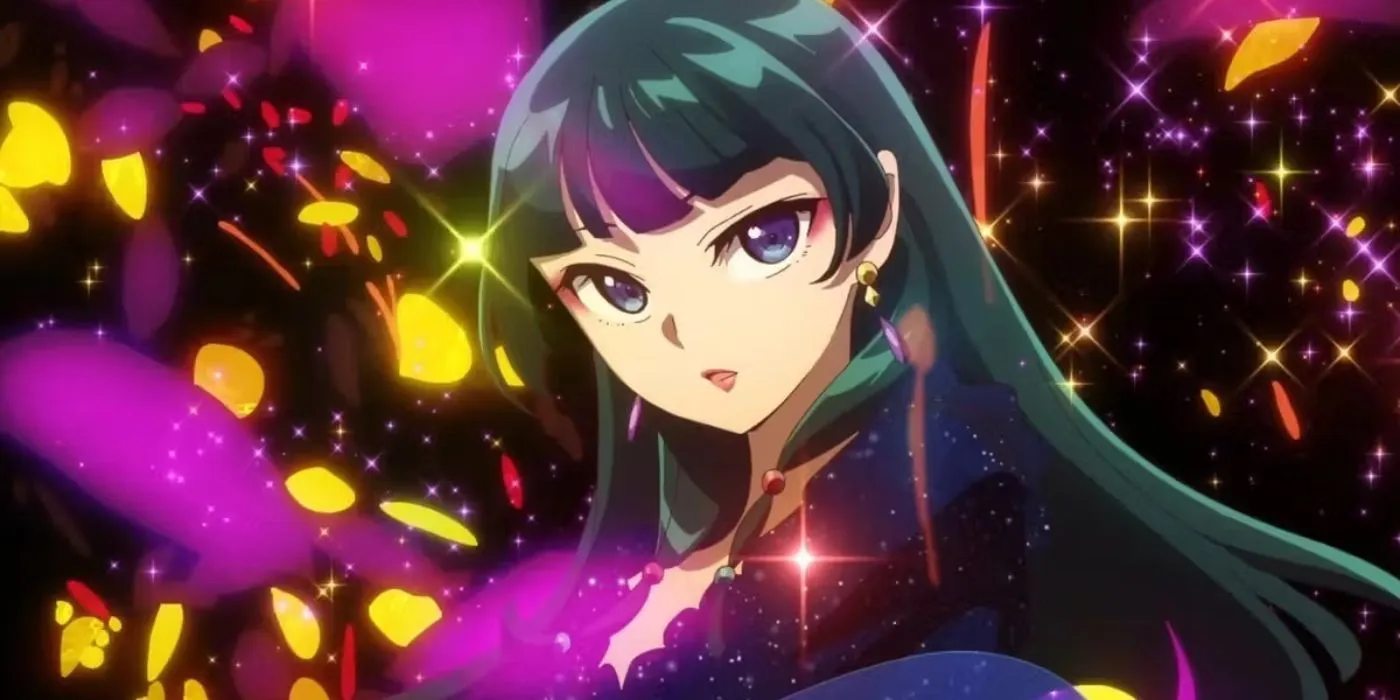
It is essential to recognize that The Apothecary Diaries does not romanticize or excuse predatory behavior; it boldly denounces it. A pivotal episode in the second season delves into the troubling history of a former emperor notorious for his abusive and predatory behavior. The series does not shy away from portraying the horrific impacts of such deeds, particularly on the women within his court, making it clear that this narrative serves as a condemnation rather than an endorsement.
In contrast to other series that may flirt with problematic themes through ambiguous framing or subtle glorification of harmful behaviors, The Apothecary Diaries decisively critiques these elements. The show utilizes its imperial court setting, rich with secrets and machinations, to investigate power disparities and the exploitation of vulnerable individuals, always underscoring the emotional toll of these dynamics. Rather than offering a romanticized view of darkness, it thoroughly dissects it.
The presentation of Maomao’s beauty is also noteworthy. When the narrative seeks to represent her allure, it age-enhances her appearance without resorting to overt sexualization or objectification for the audience. Instead, the focus remains on her intellect and capabilities, steering clear of fanservice tropes.
Media Literacy in the Age of Instant Outrage
Understanding Context: Distinguishing Between Criticisms
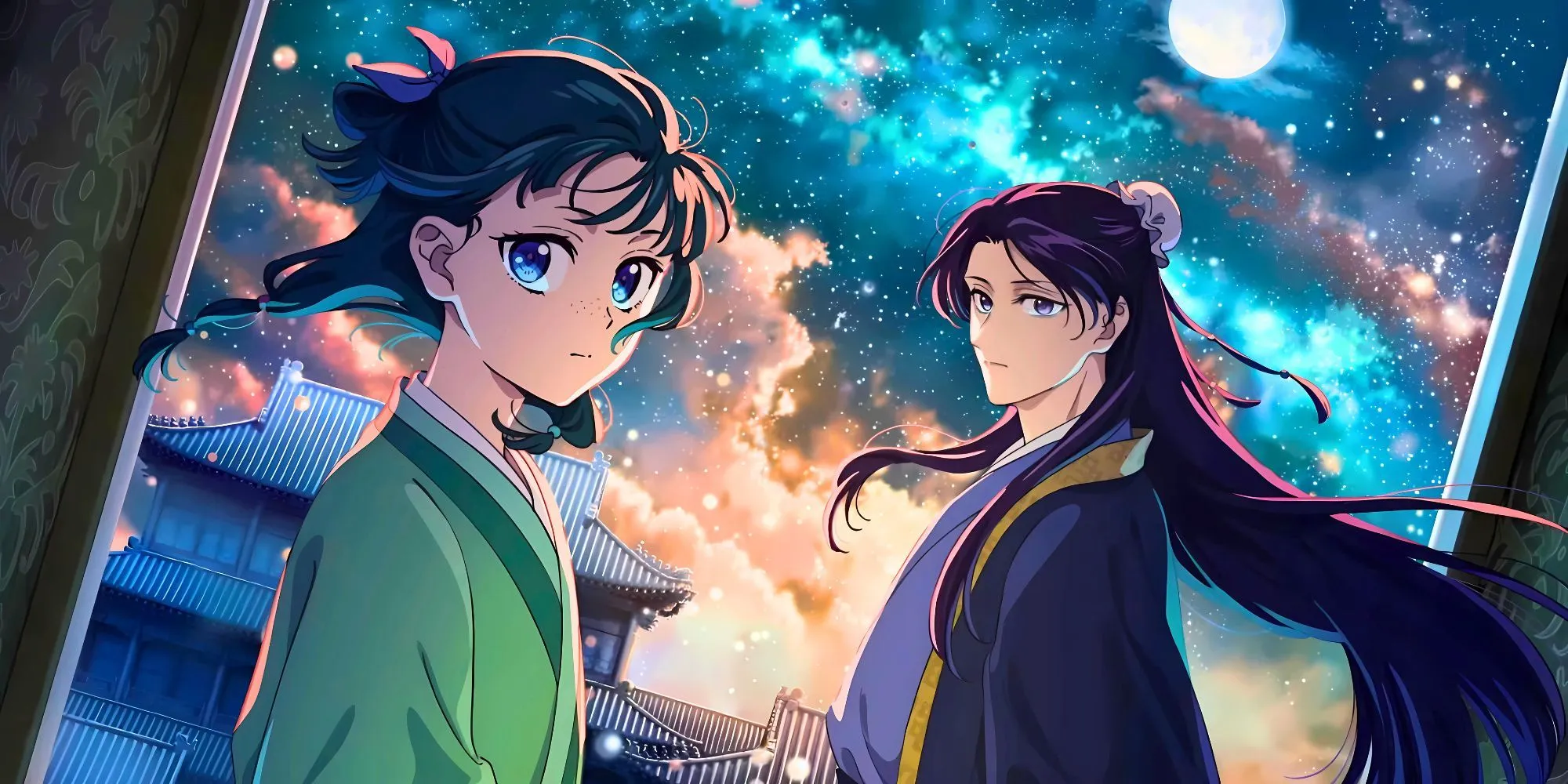
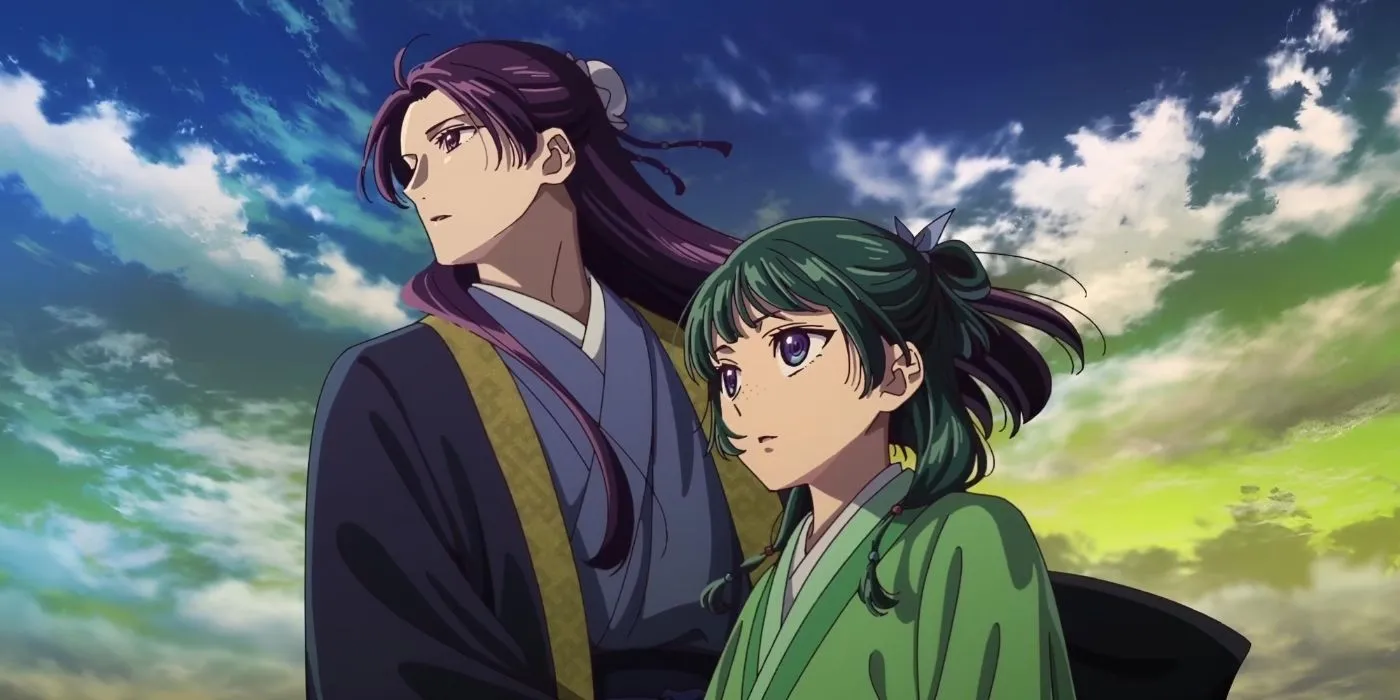
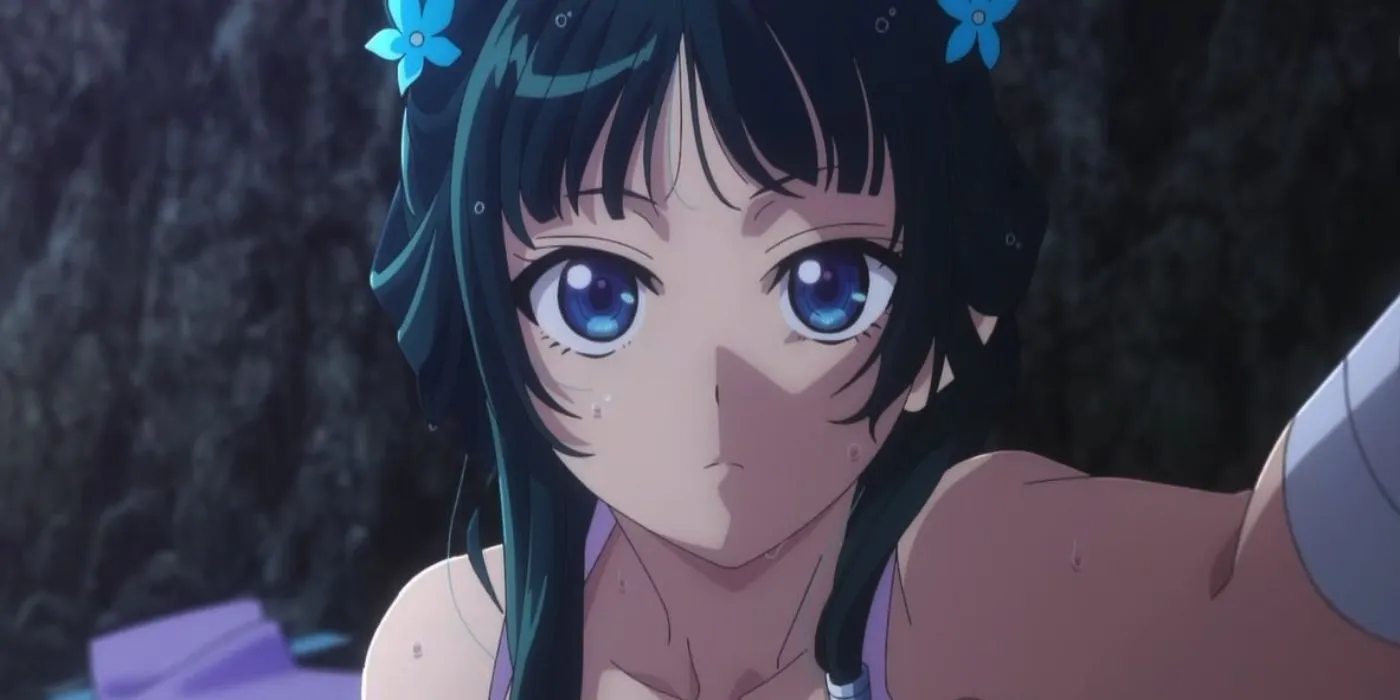
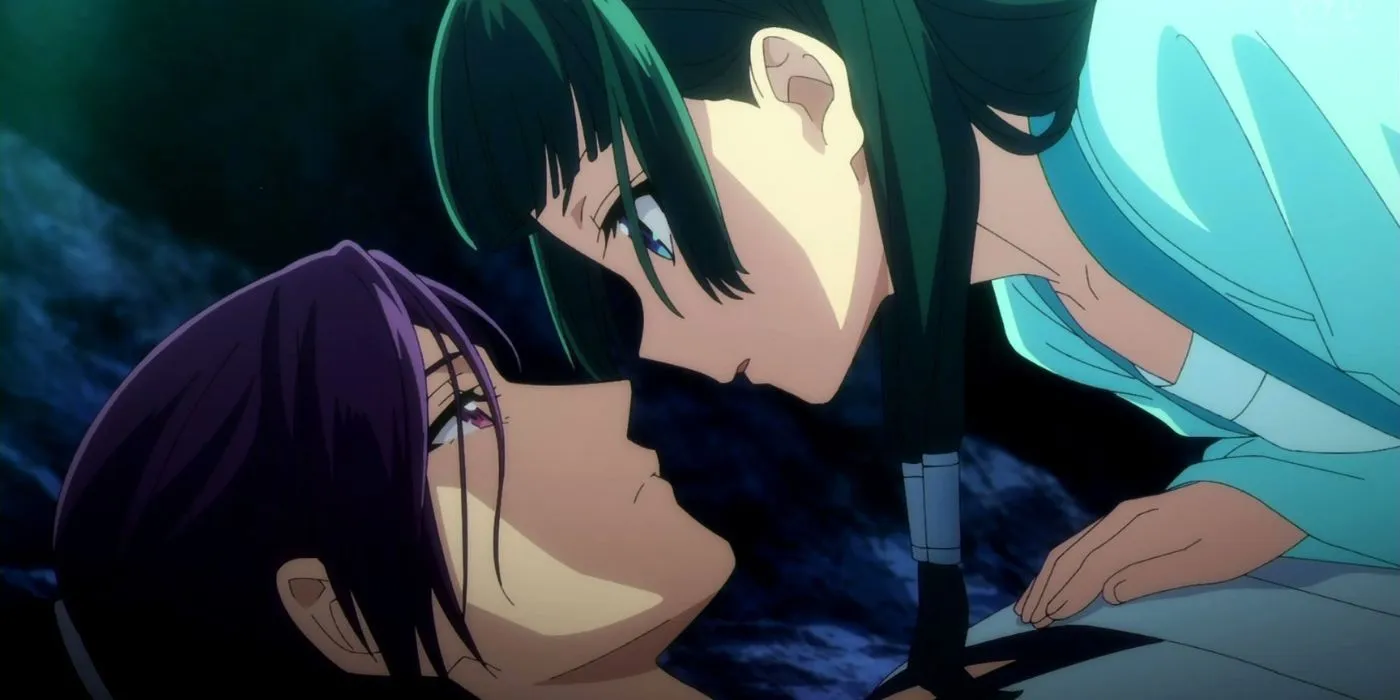
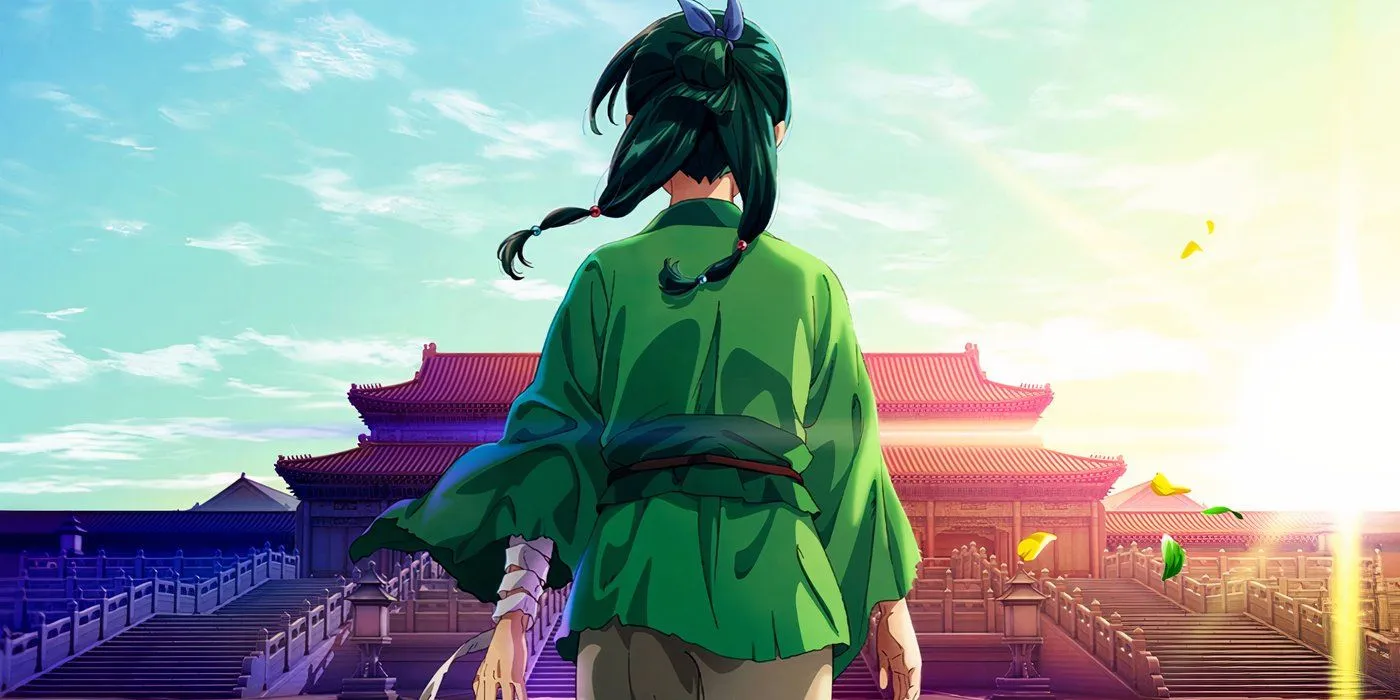
The backlash toward The Apothecary Diaries provides insight into viewer perceptions as much as it reflects the series itself. In a time when media literacy is crucial, hastily jumping to conclusions based solely on surface impressions can lead to misguided outrage. While there are certainly anime titles that warrant scrutiny for their portrayals of underage characters or harmful relationship dynamics, including The Apothecary Diaries in that category indicates a superficial understanding of its themes and narrative intent.
Constructive criticism is vital in any fandom, and it’s important to raise concerns surrounding representation and ethical storytelling. Nonetheless, it’s equally necessary to discern between works that perpetuate harmful tropes and those that engage in thoughtful critique. The Apothecary Diaries clearly falls within the latter realm. It avoids exploiting Maomao’s outward appearance and instead leverages it to convey deeper messages surrounding survival, intellect, and autonomy within an oppressive society.
Moreover, the relationship between Maomao and Jinshi represents merely a subplot amid the series’ larger narrative arc, which captivates viewers through Maomao’s scientific curiosity, her ability to unravel intricate mysteries, and her indomitable spirit in a setting that often underestimates her potential. Reducing the series to a contentious romance diminishes the rich storytelling and character development it offers.
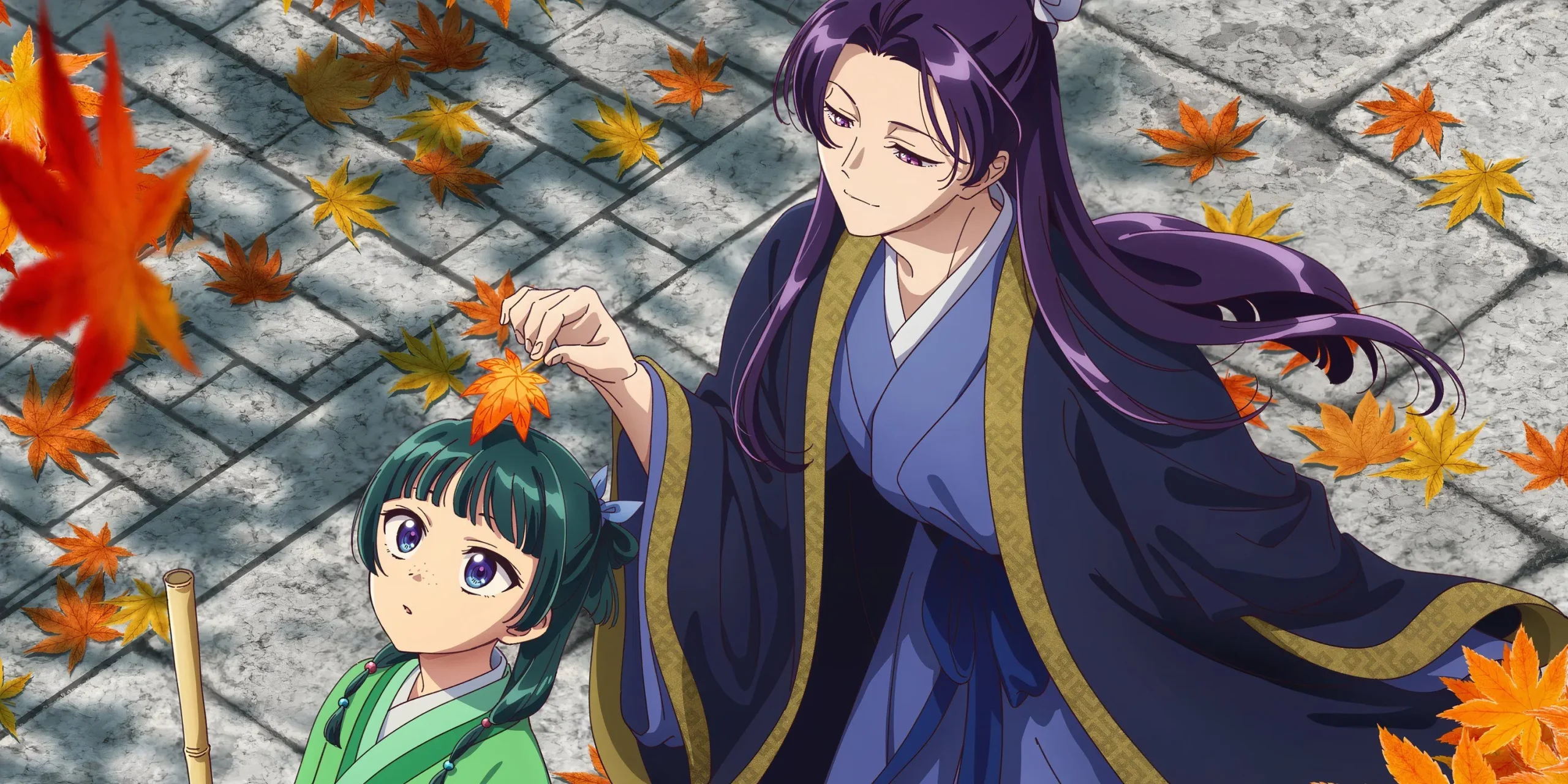
In conclusion, while the debate surrounding The Apothecary Diaries season 2 has generated considerable discourse, much of it arises from misunderstandings and a lack of context. This anime does not endorse inappropriate themes; rather, it actively critiques them. Both Maomao’s design and her relationship with Jinshi are far more intricate than initial impressions may suggest. The series merits acknowledgment for addressing challenging topics with sensitivity and sophistication. Instead of hastily boycotting based on misinformation, viewers are encouraged to delve deeper and appreciate the nuanced storytelling at its heart.
